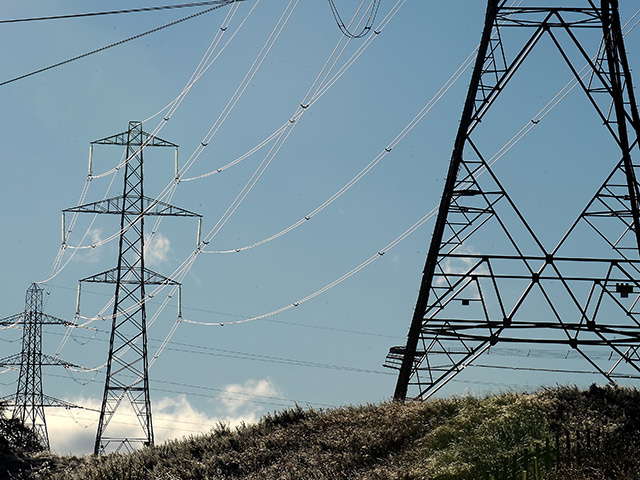
The UK and Scottish governments have finished a consultation that proposes enshrining early stakeholder engagement in the consent process for energy infrastructure projects.
The month-long consultation proposes that applicants should seek views from the public, communities and consultees before submitting an application.
This aims to build a fairer consenting system and help applicants develop better quality applications.
Currently, applicants can voluntarily engage in pre-application consultations.
According to the consultation document, 43% of applications for onshore projects since 2007 had incomplete, insufficient, or poor-quality information and frequently came without any pre-application consultation.
However, the Scottish government must accept and process all applications – including those with incomplete information.
This can cause delays in consenting as more information needs to be requested and supplied.
In the consultation document, UK Minister for Energy Michael Shanks said: “The current system is inefficient and unpredictable, providing no certainty on how long consent will take.
“For those desperate to bring new energy-generating assets onto the grid, it presents a barrier to attracting investment and delivering yet more clean energy to homes and businesses.”
The Scottish and UK governments aim to improve the system by removing inefficiencies within the Electricity Act 1989, which governs how Scottish projects are approved.
England and Wales updated the rules for consenting infrastructure under the Planning Act 2008, while Scotland has not modernised its legislation in the same way.
This means it can take up to four years to consent large-scale onshore electricity infrastructure projects – slower than comparable developments in England and Wales.
Consultations
By requiring applicants to engage in consultations before they submit their proposals, the Scottish and UK governments aim that key information about a project will be shared with the public and other stakeholders.
This, in turn, will speed up the consenting process by improving the quality of the applications.
In addition, the proposals would require applicants to notify the Scottish government of their intention to undertake a consultation, and to publicise their plans.
Accelerating the deployment of infrastructure, including renewable energy and transmission developments, is seen as vital to achieving the UK’s clean power ambitions for 2030 and beyond.
A recent report from the National Energy System Operator (NESO) said this would require building new network infrastructure “more than four times faster” than it has been in the past decade.
A Department of Energy Security and Net Zero spokesperson said: “These reforms will help propel us towards our clean energy ambitions, boosting our energy security and protecting consumers.
“Together with the Scottish government, we will ensure Scotland is open for business as we build the UK’s clean energy future, utilising Scotland’s huge potential with its natural resources, energy expertise and highly skilled workforce.”
However, Conservative MP for West Aberdeenshire and Kincardine Andrew Bowie warned the proposals would strip Scottish councils of public inquiry rights. He said people in potentially affected communities “are very concerned about the impacts that the plans will have on their landscape, their land, their house prices and so on.”
He added: “There are people out there concerned about the way forward and the pace at which this change is coming.”
A spokesperson for the Scottish government added: “The proposed reforms are about making the determination process more efficient – not making it easier for projects to get consent. They retain the important statutory role of councils in the process, while suggesting a more proportionate and tailored approach to examining applications where objections are raised.
“They also include proposals that would require developers to consult communities much earlier in the planning process, which will ensure affected communities can more meaningfully influence the process of project development.”
Recommended for you
